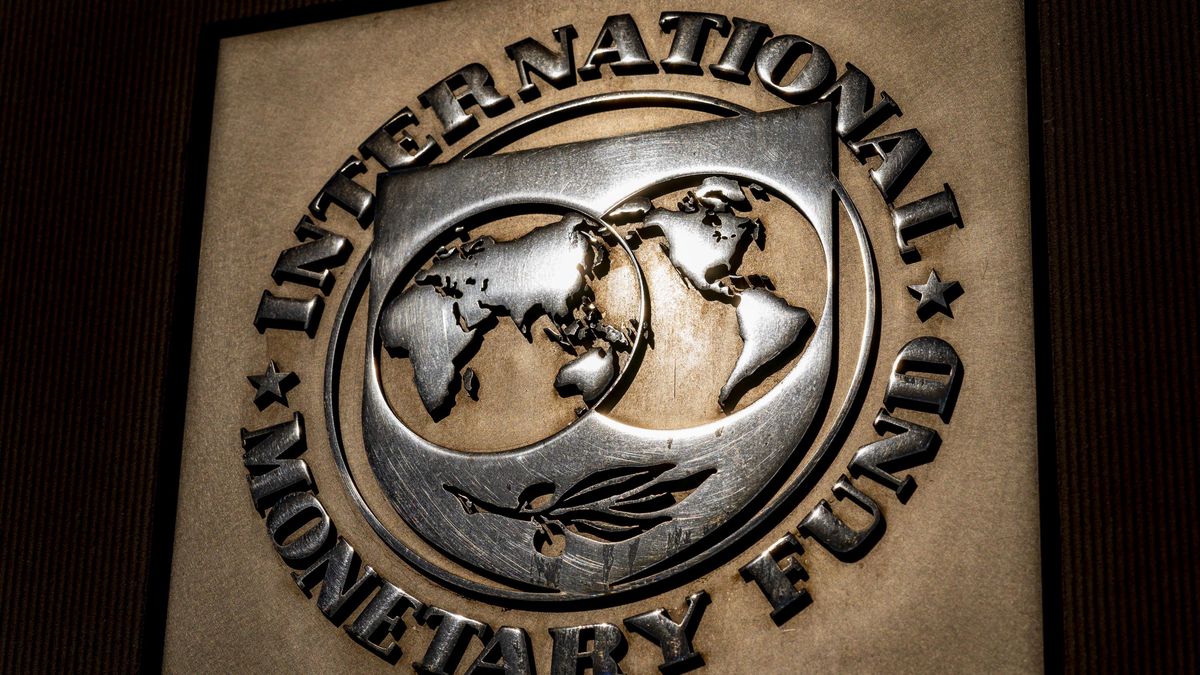The International Monetary Fund projects a growth of 3.7% based on the reactivation of agricultural exports.
He International Monetary Fund (IMF) predicts a “strong rebound” in the Uruguayan economy by 2024 from the reactivation of agricultural exports, the increase in cellulose production by UPM and the recovery of real wages.
The content you want to access is exclusive to subscribers.
The international organization projects growth of 3.7% for the Uruguayan economy this year, as well as 2.9% by 2025, with its macroeconomic risks “balanced” in general terms.


Along with the agricultural reactivation after the historic drought that devastated the national field during 2022 and 2023, the IMF also highlights the flexibility of financial conditions and robust private consumption from the salary recomposition and the reduction of the price gap due to the exchange difference with the Argentina.
According to the IMF, in October 2022 and April 2023 Uruguay faced “the worst drought of the last century”, generating significant losses in the primary sector and affecting agricultural production by up to 25% in year-on-year terms during the last quarter of 2022 and the beginning of last year.
The IMF expects a jump in inflation for the second semester
With regards to the inflation (currently 3.68% year-on-year), the gradual relaxation of rates by the Central Bank of Uruguay (BCU)as well as salary growth, lead us to expect a scenario with higher inflation for the second half of the year, although continuing within the target range of the state body.
The BCU carried the Monetary Policy Rate (TPM) from 11.5% at the beginning of 2023 to 8.5% in April, however, it maintained its contractionary bias, as it kept the ex ante real rate above neutral in 2023.
According to the IMF, “continuous surveillance of monetary policy is crucial to continue building credibility and supporting de-dollarization efforts” in the country.
Source: Ambito




